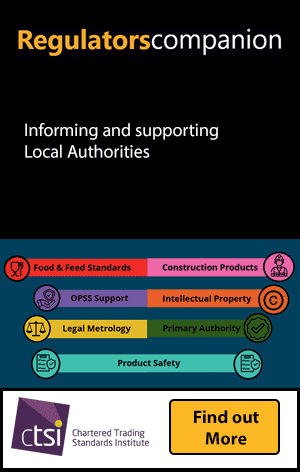Department for Education
|
|
|
Language GCSE tests to be truer to life
Changes Will Reflect Need For Broader Communication Skills
Speaking assessments for GCSE modern foreign languages will change to make them a more accurate reflection of pupils' ability and their capacity to respond to real life situations, Schools Minister Jim Knight has announced.
From September 2009 students will be assessed on different occasions during Key Stage 4, rather than face a single 'oral' examination at the end of the course.
The new assessments will test a broader range of linguistic skills, such as taking part in an interview or making a presentation to a group. Pupils might also be expected to think on their feet as part of spontaneous discussions. This will provide students with a chance to use a range of communications skills that have practical applications in the real world, rather than relying on memorised responses to predictable questions. They will take part in debates, make presentations to their peers, explain, describe and explore topical issues that interest them.
Jim Knight said the new teacher-assessed exercises will ensure pupils have the ability to use their language learning beyond the classroom. Students might get involved in basic business-style negotiations or product pitches. The changes follow a recommendation made by Lord Dearing in his report on modern foreign languages. He found that the current oral test "is not a reliable test of the candidates' capability". He reported that assessing speaking of a foreign language over a sustained period gives a much more accurate indication of ability and fosters an imaginative and independent use of language.
The secondary curriculum has already been revitalised to give teachers new and exciting ways of enthusing young people about languages, with more opportunities to use content relevant to pupils. The new assessment criteria for the spoken element of the GCSE will reflect this.
Jim Knight said:
"The new oral tests will be just as challenging but will also be fairer and give a true reflection of students' ability. Now candidates will have the chance to do themselves justice over the whole course of their studies - not just a single, hit or miss, 10 minute test.
"This method of in-term assessment will provide more relevant skills for young people who want to make use of additional languages.
"Learning chunks of phrases by rote and artificial role-play situations will become a thing of the past.
"Students will have to tackle issues which interest them, or they are likely to encounter in the real world - and think creatively about how to respond to them.
"Increasingly, businesses and higher education institutions look for students who can display a range of linguistic talents, not just one-to-one conversation but group discussion, presentation and creative analysis. These are also the skills which will stand students in good stead when travelling abroad or meeting people who speak another language.
"This is not about making language GCSEs easier - it's about making them more rigorous, relevant and accessible."
Lord Dearing said:
"The mark of a good GCSE exam is that it promotes good learning and provides a reliable test of what a sixteen year old can do. This change is a welcome response to the criticisms we heard during our review that the present assessment of oral skills is over too short a period to provide that, and that it narrows learning.
"I believe this change is important to encourage more pupils to continue with languages after age fourteen."
The Department for Children, Schools and Families (DCSF) will work with the Qualifications and Curriculum Authority (QCA) to implement the new controlled assessments. The QCA will provide a package of support for teachers to ensure they can effectively and consistently follow the new assessment criteria.
Responding to the QCA's decision to maintain the current grading standards for language GCSEs, Jim Knight said:
"We agree with the QCA that the right approach to increase performance in languages is to improve teaching and learning and to provide a more relevant and engaging curriculum."
NOTES TO EDITORS
1. The Secretary of State asked Lord Dearing and Dr Lid King to carry out a review of languages in October 2006.
2. Lord Dearing's review was published in March 2007 and makes a number of recommendations to address concerns about the number of pupils studying a language at KS4.
3. The DCSF is taking forward those recommendations to ensure more pupils continue studying languages at KS4 and beyond.
4. The Languages Review can be downloaded at http://www.teachernet.gov.uk
5. QCA reports are available at http://www.qca.org.uk/qca_6979.aspx
PUBLIC ENQUIRIES: 0870 000 2288 info@dcsf.gsi.gov.uk
INTERNET
ADDRESS : http://www.dcsf.gov.uk
http://www.dcsf.gov.uk/findoutmore
YOUTUBE http://uk.youtube.com/dcsf
If you would like to receive email notification of new press notices in the subjects of your choice, please click on 'register' on our site: http://www.dcsf.gov.uk, 'Latest News'.


